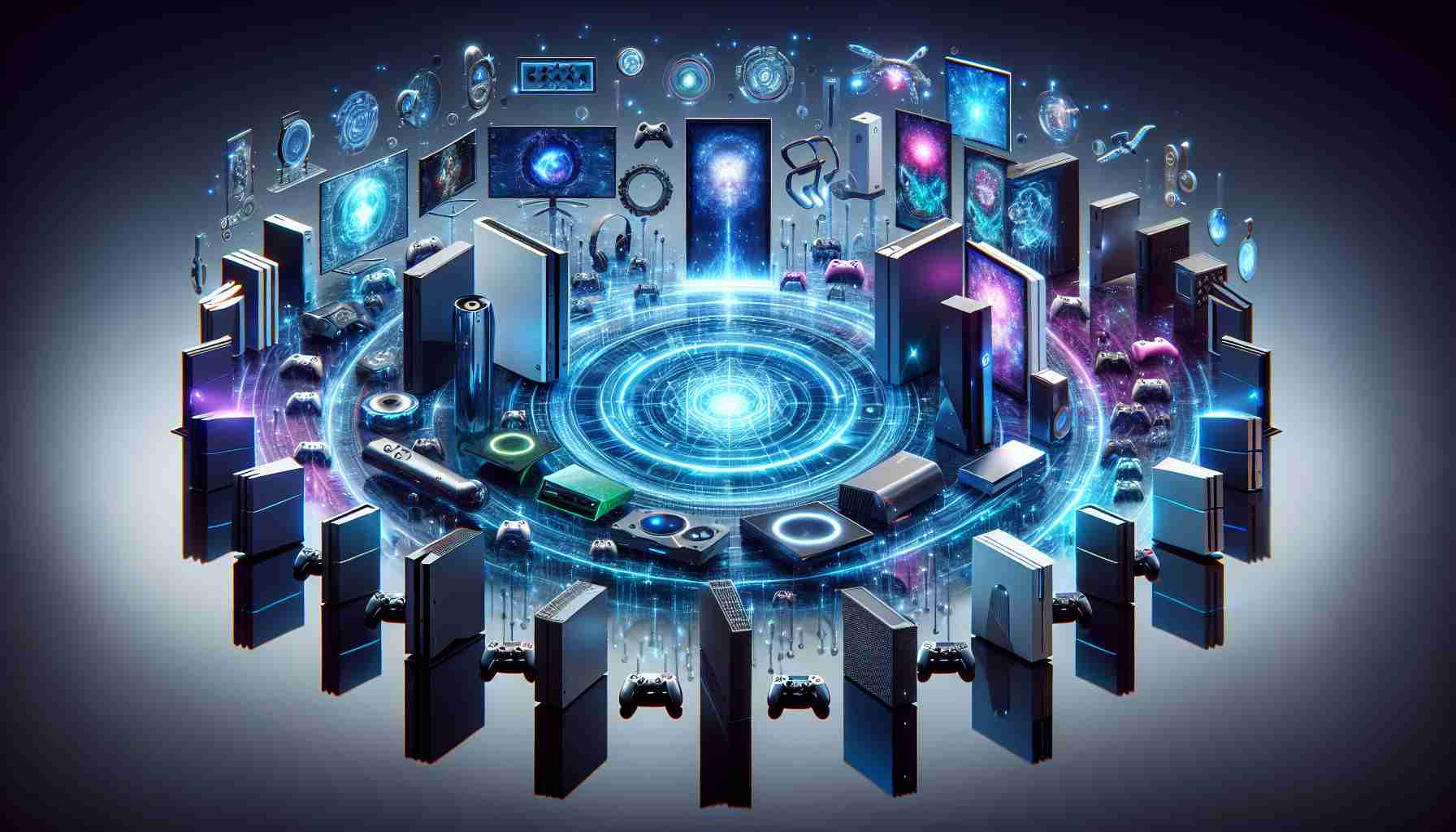In recent discussions surrounding the future of gaming consoles, many fans express curiosity about the potential of new systems, particularly with regards to the PlayStation 6 projected for release in 2026. The feeling among gamers is mixed, with some questioning the timing after a tumultuous few years in the gaming industry, greatly impacted by global events. The sentiment is that Sony has not capitalized on the PlayStation 5’s potential, largely due to a lack of exclusive titles that attract new buyers.
As complaints mount about the high cost of game development limiting variety, some experts suggest that a fundamental rethink of gaming strategies is essential. Today’s players are reportedly buying far fewer games per console compared to previous generations, raising concerns about the sustainability of the current model.
On another front, upcoming titles like Atomfall have gamers excited for innovative experiences that break away from conventional formats. There’s hope that developers can create immersive worlds that’ll captivate audiences without necessitating the release of new hardware.
Meanwhile, the industry observes Microsoft’s financial maneuvers, particularly following significant acquisitions. With a focus on expanding their intellectual property portfolio, questions arise about the viability of Xbox against the backdrop of shifting market strategies. Enthusiasts are eager to see how these developments will reshape gaming in the coming years, especially if companies can deliver unique experiences rather than simply churning out new iterations of consoles.
As the gaming landscape evolves, it’s important to consider the rise of cloud gaming, which allows players to stream games directly to their devices without the need for powerful hardware. Services such as Google Stadia, NVIDIA GeForce NOW, and Xbox Cloud Gaming could drastically change the way consoles are perceived in the market, allowing for more accessibility and potentially lowering the barrier to entry for new players.
Another significant factor is the increasing popularity of mobile gaming, which has surpassed traditional console gaming in terms of revenue. Games like Genshin Impact and PUBG Mobile have shown that mobile platforms can offer high-quality gaming experiences, prompting console manufacturers to rethink their strategies and potentially integrate mobile functionalities into their future systems.
The rise of digital distribution also presents challenges and opportunities for console developers. Platforms like Steam and the PlayStation Store revolutionized game purchasing, but they also raised questions about ownership and the value of physical copies. The shift toward digital-only consoles could alienate collectors and fans of physical media, creating a divide within the gaming community.
In addition, sustainability and environmental impact are emerging concerns within the gaming industry. Console production involves significant electronic waste and energy use, prompting calls for more eco-friendly practices. Future developments could see manufacturers focusing on sustainability in their production and recycling processes.
Key questions that arise in this discussion include:
1. How will the emergence of cloud gaming affect traditional consoles?
– Cloud gaming can provide a more flexible and cost-effective gaming option, but it requires a stable internet connection and can limit the performance of certain titles.
2. Will consoles continue to remain relevant as mobile gaming grows?
– As mobile technology advances, consoles may need to adapt or offer unique experiences that cannot be matched by mobile devices.
3. What will be the impact of digital ownership on gaming culture?
– The transition to digital distribution raises concerns about players’ rights to access and own their games, influencing how future generations engage with gaming.
Key challenges facing the gaming industry include:
– High Development Costs: Rising budget requirements for AAA titles can hinder innovation and create a reliance on established franchises.
– Market Saturation: The overwhelming number of game releases may lead to consumer fatigue and impair player engagement.
– Consumer Trust: Navigating issues such as microtransactions, loot boxes, and service interruptions can impact player loyalty and trust in gaming companies.
In conclusion, the future of gaming consoles will hinge on how developers navigate these emerging trends and challenges. While advancements in technology present opportunities for growth and innovation, they also challenge traditional gaming paradigms and require a reevaluation of strategies.
For more information on the future of gaming, check out GamesIndustry.biz and IGN.


















